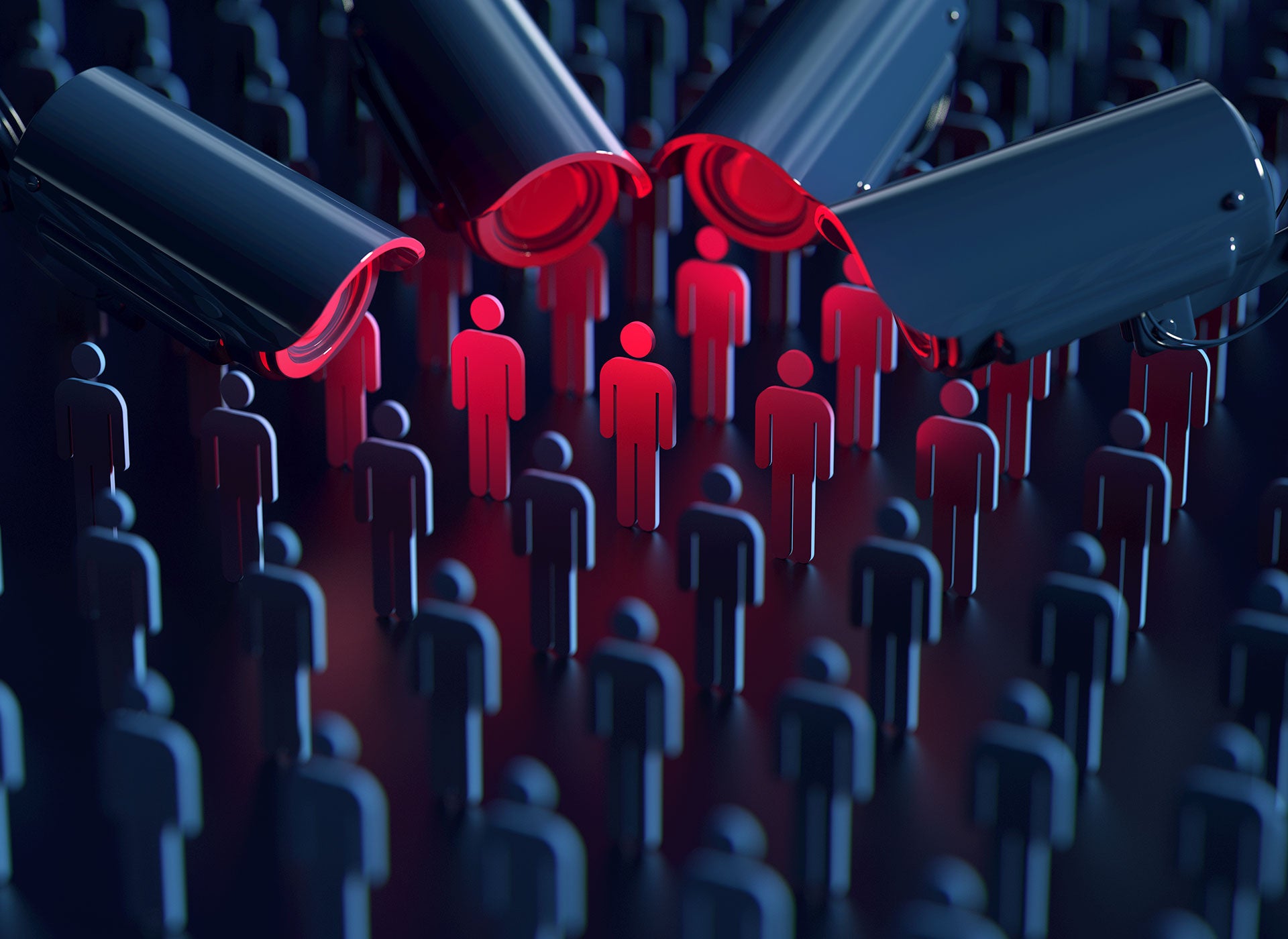
The use of surveillance via technologies such as apps and smartphones to combat the spread of the coronavirus can be useful, but risks empowering authoritarian governments, historian and author Yuval Noah Harari has said.
Speaking on BBC Radio 4’s Today programme, Harari, who is author of Sapiens: A Brief History of Humankind and Homo Deus: A Brief History of Tomorrow, warned that the improper handling of surveillance during the coronavirus crisis could be devastating for privacy and democracy.
He said that we faced a choice as to “whether we turn to totalitarian surveillance or whether we turn to empowering citizens in order to stop this”, referencing the over-reach of such technologies in some countries such as Hungary, where strict new laws have been criticised for giving uncapped power to the government.
“So I am in favour of surveillance as long as it goes both ways and doesn’t result in an authoritarian regime like we’re seeing now in Hungary and other countries around the world,” he said.
Coronavirus surveillance: Yuval Noah Harari warns of governmental overreach
Harari highlighted that while surveillance tools and apps, such as the planned NHS app that will detect nearby carriers of the virus, could be beneficial, they could also be used to harm citizens’ rights.
“It’s important to use these new technologies to help defeat the epidemic, but the question is whether the surveillance empowers a single, all-powerful government or a wider range of organisations and citizens,” he said.
How well do you really know your competitors?
Access the most comprehensive Company Profiles on the market, powered by GlobalData. Save hours of research. Gain competitive edge.

Thank you!
Your download email will arrive shortly
Not ready to buy yet? Download a free sample
We are confident about the unique quality of our Company Profiles. However, we want you to make the most beneficial decision for your business, so we offer a free sample that you can download by submitting the below form
By GlobalData“Who controls all the information? Is it the police or is it an independent health agency? And surveillance can always go both ways: at the same time that we increase of citizen movements, at the same time we should increase surveillance of, say, government expenditure.
“Governments are now spending money like water, hundreds of billions of dollars and sterling and euros, and we need to have a very close watch on who gets what.”
Yuval Noah Harari: Some countries could face “complete collapse”
Harari also warned that the geopolitical choices made could make the difference between “will lead to nationalist isolationism or to greater global solidarity”.
“It’s not that there is just one way to deal with this epidemic: we have a choice and what we choose will change the world for years, maybe decades to come,” he said, slamming current government approaches for failing to take a global view of the issue.
“The lack of leadership and coordination is really appalling. There is some cooperation on the level of information, at least, that’s important,” he said.
“Our big advantage as humans over viruses is that viruses cannot cooperate over countries: a virus in China can’t give advice to a virus in the UK, but humans can inform and help each other, and we should see more of that, but we should also see cooperation in the production and distribution of medical equipment. Currently countries are competing against each other and the distribution is therefore unsure. I would hope that we’ll have a global, coordinated effort, not just to produce equipment more efficiently, but especially to distribute it fairly.”
He also warned that a lack of global collaboration could mean economic ruin for some countries – with deep knock-on effects for the world economy.
“We need collaboration on the economic front, especially when this epidemic hits the developing world: the US can have a rescue package of $2tn, but Mexico or Colombia or Bangladesh can’t,” he said.
“So unless we have a global economic plan the result could be the complete collapse of some countries.”
He ultimately stressed that we had considerable choice about how to handle the coronavirus, and the capability to stop its spread, but governments needed to take appropriate action.
“It is a natural disaster but the nature of natural disasters have changed in the modern era; they are increasingly under human control,” he said.
“In the middle ages when an epidemic hit, nobody knew why people were dying or what could be done about it, but today it took just two weeks to identify the new coronavirus, sequence its entire genome and develop reliable tests.
“It’s now fully under our control in the sense that we can stop this: we have the knowledge, we have the technology, it’s just the political question of where we put our resources.”
Read more: Five ways the world will be changed by coronavirus







